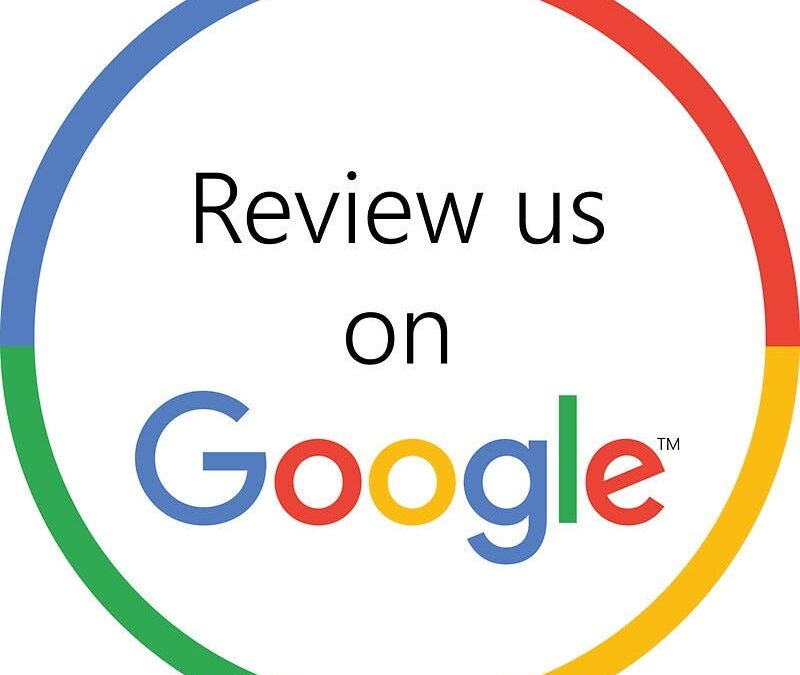Does Organic SEO Still Work in the Age of AI?

Since publically available AI tools rolled out in 2023, the internet has been filled with articles outlining the death of organic SEO. Google implemented its AI Overview results tool in […]
Functional Medicine: What Are People Searching for in 2025?

At Functional Medicine Marketing, we continuously track keyword data for a wide range of health-related terms, giving our clients valuable insights into what potential patients are searching for. By analyzing […]
Are Google Business Profile Reviews Showing? Feb 2025 Update

The Functional Medicine Marketing team is sharing that we are monitoring the situation with Google Business Profiles Reviews. Google has reported a technical issue displaying customer reviews. However, this does […]

